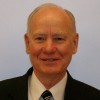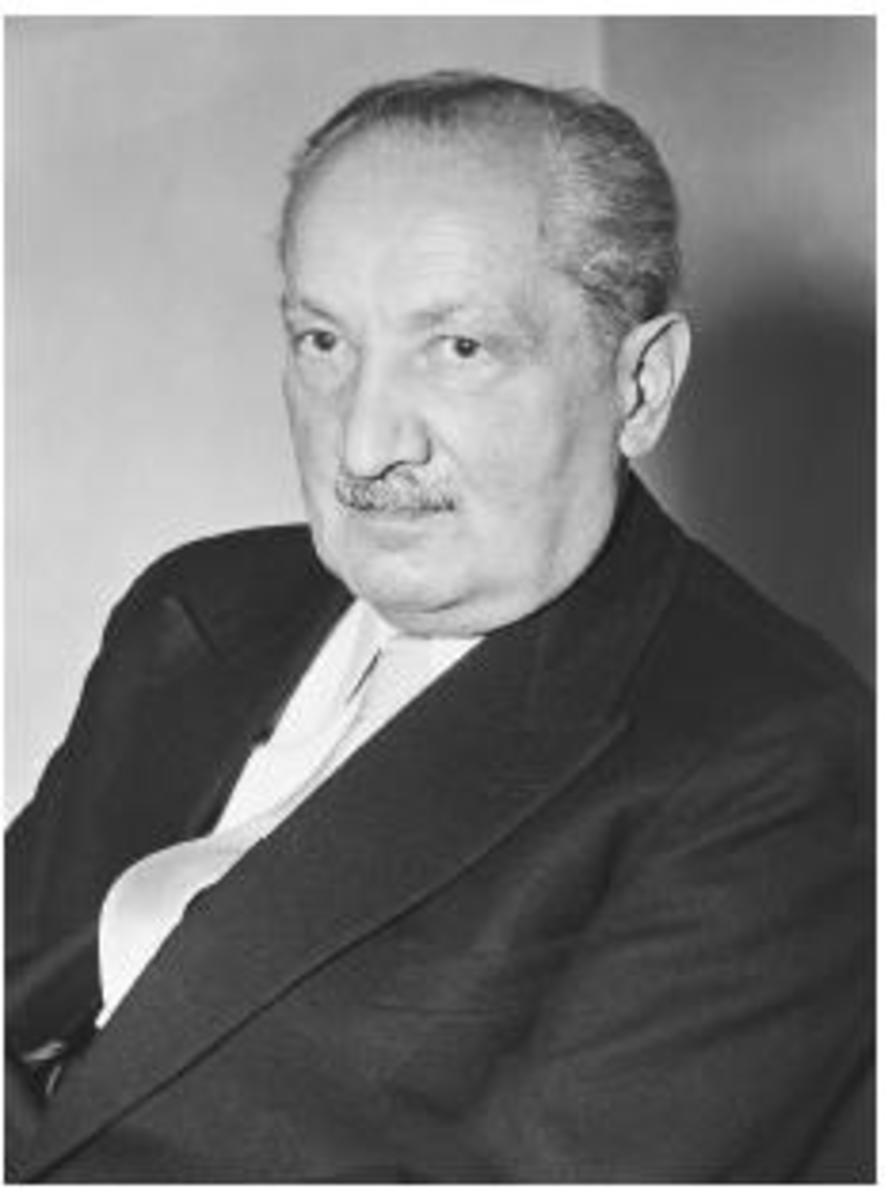The Human Hunger for Philosophy and Science, 3rd of 10 sessions introducing Personal Creation and World Citizenship
1. In the context of the individual as artist or storyteller looking for sound knowledge about the requirements and materials for interacting creatively with life, what do we mean by philosophy? And what do we mean by science?
2. Certainly not merely the rich systematic content of philosophy books or academic courses, however helpful these might prove for some people. Philosophy here means the loving pursuit of wisdom in all forms of intellectual, spiritual, and moral activity (including, for many if not most people, religious faith and good works) that feed into the widespread human hunger for principles or truths undergirding all knowledge and all reality.
3. Aside from this general meaning, however, philosophy also has a more personal, individual aspect, because different people define wisdom, love wisdom, and seek wisdom in different ways and with different results.
4. Philosophy as the pursuit of wisdom is the door to science, that is, the door to systematic knowledge, because our philosophy tells us what kind of knowledge we want and need, and what kinds of questions to ask.
5. It is easy to overlook the fact that we humans have philosophic and scientific needs just as we have the other, more obvious kinds of needs. Living for each day's appetites and narrow concerns has many-well-known-advantages and pleasures, but so indeed does stopping from time to time to reexamine the life processes we normally take for granted, and to consider carefully the results we are getting and their larger implications. Such an evaluative effort is what philosophic activity at its best, in all of its diverse forms, tries to inspire and assist.
6. Philosophy gives us opportunity to think through our habits, goals, values, and unwieldy masses of incoming information, so we can better prioritize our thinking and our relationships, and all our many activities, in the light of the best that is within us, rather than allow ourselves to be driven from one day to the next, or from one piece of new information to the next, without an adequate overall plan, purpose, or meaning in life.
7. Our philosophy enables us to organize what we already know into larger structures of purpose, value, and morality, and through philosophy we can correlate all our knowledge with the common values and moral requirements of our everyday lives. But philosophy also lays the groundwork for the knowledge we do not yet have, the knowledge we find ourselves lacking, but which our values and goals for ourselves, and for our families and larger communities, and for all of humanity, cry out for us to find.
8. We have to realize that there are natural principles and laws governing human life just as surely as there are principles and laws governing other forms of natural life and the physical universe itself, and that these laws form a great part of the situation confronting each of us as we live our lives, just as artists must deal with the basic principles of color, light, and composition, and storytellers must deal with principles of character development, narrative movement, and audience response.
9. The best psychologists in the world today may not yet be able to list those principles and laws, or prove them conclusively, and even the world's great religious faiths may not be able to agree on exactly what they should be, but whether already discovered and defined or not, they still do exist nonetheless. Nothing in the history of civilization establishes that such principles of human life do not exist -- certainly not from the histories of either science or religious faith -- and in spite of widespread pessimism about such things, a great deal of data from these and many other sources indicates that we may already have made significant progress toward their discovery.
10. This book project seeks to contribute to opening the door to new, aggressive scientific research toward more fully realizing and utilizing the laws and principles that govern human life, and looking to that future day when we will be able to list them, and convincingly teach them, as a matter or course, to our children and to ourselves.
11. Children are not born to become unhappy adults -- fretful, poor, hungry, friendless, self-centered, ignorant, unable to read, inconsiderate, hateful, unkind, envious, sarcastic, weak, violent, abusive, sick, lonely, or chronically frustrated. Such issues arise from disharmony with those still elusive laws and principles of the best possible human life.
12. We violate those principles, for the most part, I believe, not because we are willfully bad people, but because we do not know, or do not understand, the principles, or because so often we do not know how best to apply the ones that we do know.
13. Happy, productive people at peace with the world usually do not understand any more why they have successful lives than criminals or nervous wrecks can understand the causes of their condition. Both extremes sometimes like to think they do, and they often show a fondness for preaching, or for writing exhortative self-help books and autobiographies undeniably useful to many, but in actual fact, I have found they rarely can explain what really causes the differences.
14. We treasure anyone's personal experience, of course, but that does not necessarily make convincing science. When lessons in the many anecdotal "success formulas" disagree from one person to the next, or from one group to the next, or when they contradict themselves in the same person or the same group, or when they cannot survive any scientific test of objectively unbiased analysis, we realize then that they have actually not provided us with any reliable explanation at all.
15. Such ignorance is no longer acceptable in the new world situation today, because increasing consciousness of personal power can lead to unhappy results as readily as to happy ones if we do not, or cannot, take the time to find out what makes the difference.
16. Even the survival of civilization as we know it could increasingly rest on finding scientifically explicit, hence more universally convincing principles that govern happiness and unhappiness, good and evil, love and hate, so that we can all learn better ways to eliminate destructive, negative emotions and self-defeating actions, just as we once taught ourselves how to install indoor plumbing, drink pasteurized milk, use toothbrushes and dental floss, and take our vitamins once a day.
19. Our attention to the creative role of individual persons does not cause us, or allow us, to ignore other critically important life-factors such as heredity, environment, cultural and religious traditions, early social learning, legal and educational institutions, or the workings of history, nature, God or fate, depending on how a person believes and thinks.
20. Indeed, a good part of coming to terms with your personal potential for creation lies in the careful study and assessment, witting or unwitting, of the kinds of impacts brought to each decisive situation in our lives by other factors than our own self, those factors that come from outside us, from others, from our groups, and from the world in general.
21. Thus the key phrase "each person's life as a work of art" also refers to the common desire of all people to live wisely and intelligently in contexts that contain many factors outside their immediate control in networks of events and relationships constantly changing in different ways.
22. A Law of Context. Irrespective of all variations in culture or philosophy, or even in age, sex, education, social status, or economic condition, every human action necessarily results from a complex interplay of external and internal factors that I first called a "law of context" in my notes of October 27, 1974, and summarized with the formula
A = (E) (I)
to attempt a fresh platform for scientifically investigating the principles of harmonious human life.
23. Nothing helps this science more than objective study of individual and group life, how different people think, survive, and prosper, or fail to prosper, with different backgrounds, and under different systems and modes of understanding the world and organizing its activities.
24. Because the external factors in our lives so often occur in our relations with other people in social groups, our next Monday session (no. 4 of 10) will consider more closely what we mean by a group, and by the interacting influences between groups and individuals.
Thank you for attending this session 3 of 10 in the course "The Invitation to Participate" in personal creation and world citizenship. These 10 sessions together form the first chapter in the first volume of a 12-volume series entitled "The Creation of the World: A Philosophy of Personal Creation and World Citizenship as a Means of Participation by All People in the Dawning New World Civilization," located now (Nov. 4, 2012) in Max Havlick's office closet in 12 black notebooks from his years at Harvard University (1972-75). We will gradually publish them worldwide in interactive format via HubPages (and/or our own website as funds become available). More information on the overall series will appear later in session 9.
Please join us again for the next session of this introductory course, session 4 of 10, "Local Groups, World-class Groups, and Humanity as Everyone's Group," will first appear on HubPages on Monday, November 12, 2012.
Workbook Exercises for Session 3
(optional for auditors, but required for those registering for credit)
1. Use your own words and ways of thinking to describe how you understand the relationship between personal philosophy and science. If you still see no relationship, why not? What is your thinking on this?
2. In what ways has your own favorite preacher, motivational speaker, self-help book, or autobiography helped you move toward a better life?
3. Assuming the broad definition of philosophy given here (at the beginning of session 3), briefly describe your own personal philosophy as best you understand it, its main components, its sources in your life, and its influence on your life.
To register for the full 10-session course, please consult our HubPage that gives the full course syllabus and registration information.
___________________________________________________________
Copyright (c) 2012 by Max J. Havlick and Fay M. Havlick, The Max Havlick School, a project of New World Community Enterprises, Inc., 16 W. Vermont St., Villa Park, IL 60181-1938, all rights reserved. You may contact Mr. Havlick either by snail-mail or via email with this link to his HubPages Profile Page http://maxhavlick.hubpages.com/_3rjd6nm59kpy4, then click on "Fan Mail," then click "Send Max Havlick an email." We hold all such correspondence and contact information in the strictest confidence.
Thank you for your support of our educational projects.








